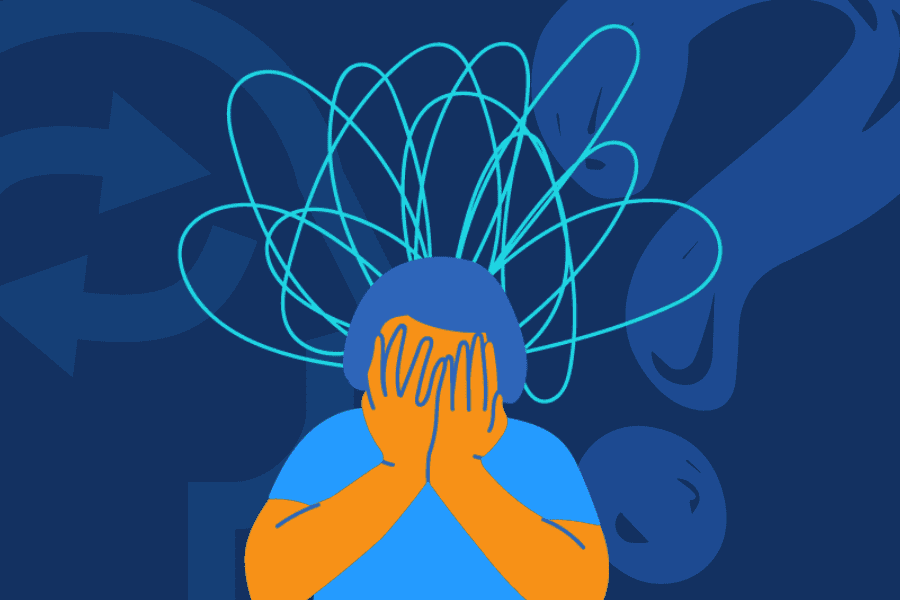Dementia is a complex and progressive neurological disorder that affects millions of people worldwide. It is essential to have a clear understanding of the different types of dementia, their symptoms, and how the condition progresses to provide adequate support and care for individuals and their families. Let’s delve into the key aspects of dementia to gain a comprehensive understanding.
Types of Dementia
Dementia is an umbrella term that encompasses various types of cognitive decline. The most common type is Alzheimer’s disease, accounting for the majority of dementia cases. Other types include vascular dementia, Lewy body dementia, frontotemporal dementia, and mixed dementia, which involves a combination of different types.
Common Symptoms
Dementia is characterized by a range of symptoms that progressively worsen over time. These symptoms may include memory loss, confusion, difficulty with communication and language, changes in mood and behavior, impaired judgment and reasoning, and a decline in cognitive abilities.
Disease Progression
Dementia is a progressive condition, meaning that symptoms gradually worsen over months or years. The rate of progression varies depending on the type of dementia and the individual. As the disease advances, individuals may experience increased memory loss, difficulty performing daily tasks, changes in personality, and challenges with mobility and self-care.
Diagnostic Process
Diagnosing dementia involves a comprehensive evaluation of a person’s medical history, cognitive function tests, physical examinations, and laboratory tests. Brain imaging scans, such as MRI or CT scans, may be conducted to rule out other potential causes of cognitive decline.
Treatment and Care
While there is currently no cure for most types of dementia, certain medications and therapies can help manage symptoms and improve quality of life. Treatment plans may include medication to slow down the progression of symptoms, cognitive stimulation therapy, lifestyle modifications, and supportive care to assist individuals and their families in coping with the challenges of dementia.
Understanding the different types of dementia, recognizing common symptoms, and being aware of the progressive nature of the condition is crucial for providing appropriate care and support to individuals affected by dementia. By raising awareness and promoting research, we can strive towards improved interventions, enhanced caregiving strategies, and a better quality of life for those living with dementia.



